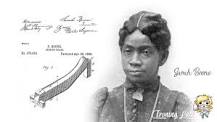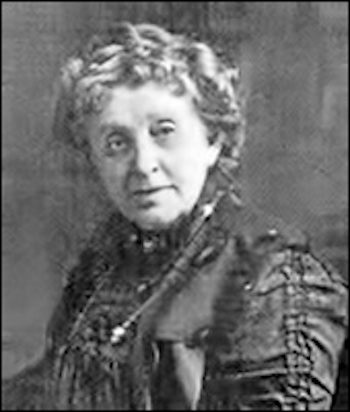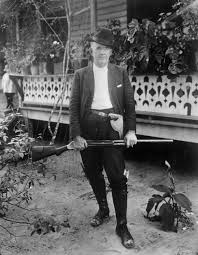While numerous leaders have left their mark on the world, these ones stand out for being the most powerful kings in the world.
1. Mansa Musa
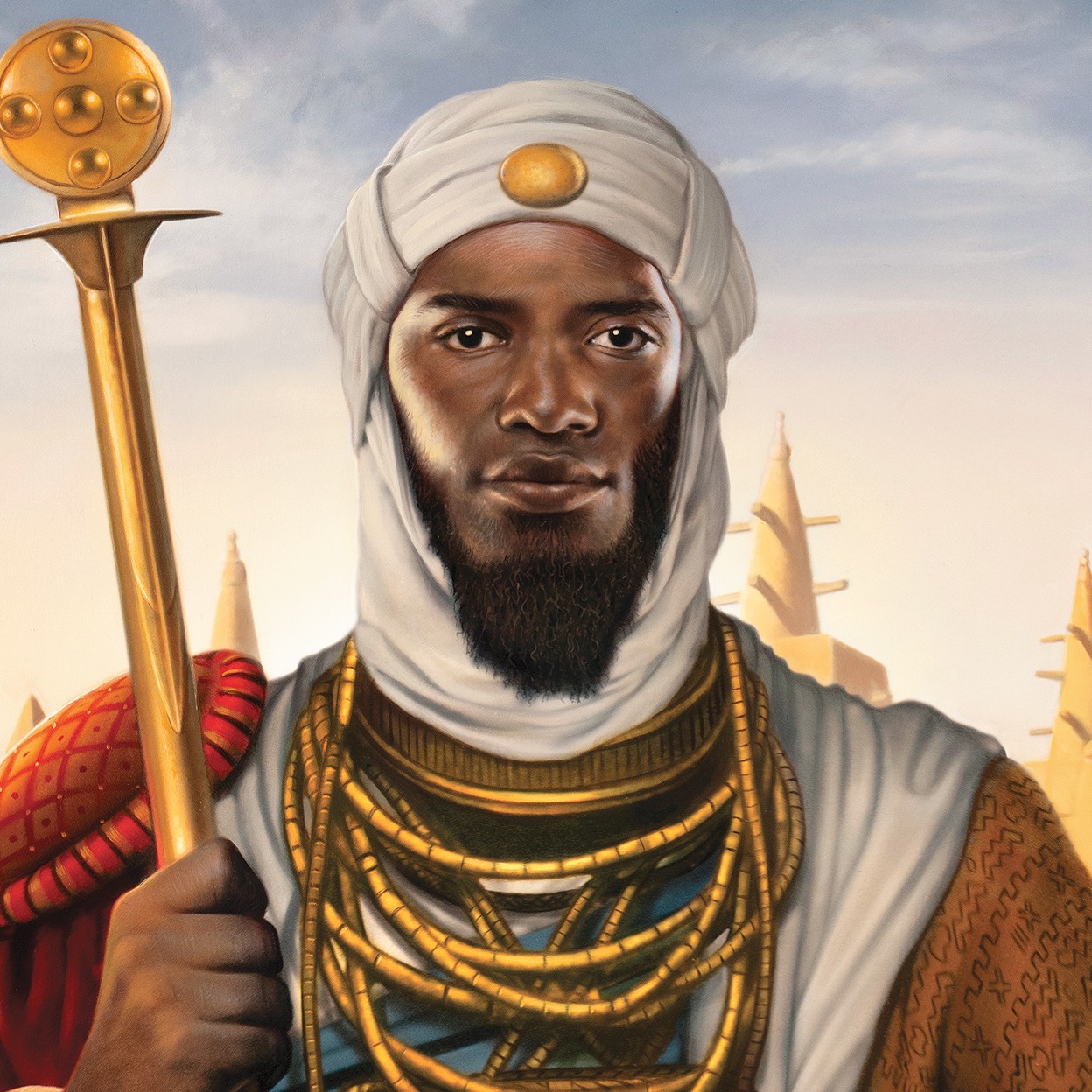
Musa Keita popularly known as Mansa Musa was the 10th Emperor of the Mali Kingdom, he reigned between A.D 1306 and 1332 A.D and was acknowledged as the greatest African ruler.
Musa took on the name Mansa which translates as ”King of Kings” or ‘Emperor.’ Well known for his journey to Mecca where he took with him 72,000 locals for the holy pilgrimage. During his time of reign, the Mali kingdom grew to the ranks of one of the wealthiest empires in the world.
The economy was majorly powered by the production of gold, salt, agriculture as well the active trade activities in the region.
Seizing several cities, Mansa Musa is said to be the richest man of all time. His outstanding military expertise enabled him to expand and grow his kingdom. Some of these seized cities include present-time Mauritania, Senegal, Gambia, Guinea, Burkina Faso, Mali, Niger, Nigeria, and Chad.
2. Amenhotep III
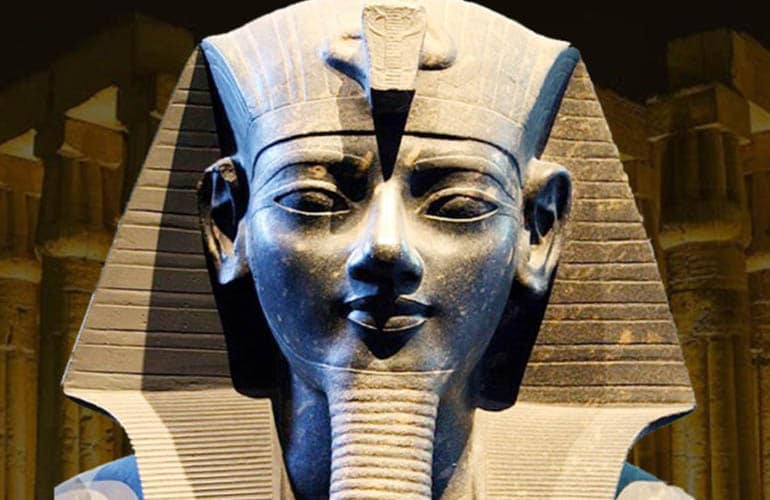
Recognised amongst the greatest Egyptian pharaohs in the 18th dynasty Amenhotep III, who was popularly known as ”Amenhotep the Magnificent” at the age of 12 came into power.
Erecting several statues and structures, a man-made lake was put outside of his palace in respect to his wife, Queen Tiye. They divided power amongst themselves while they reigned over the country.
During their 38 years of reign, the country grew and grew and enjoyed great heights of stability, wealth, and peace. In addition, Egypt had a notable influence on diplomacy and foreign policy.
3. Hatshepsut
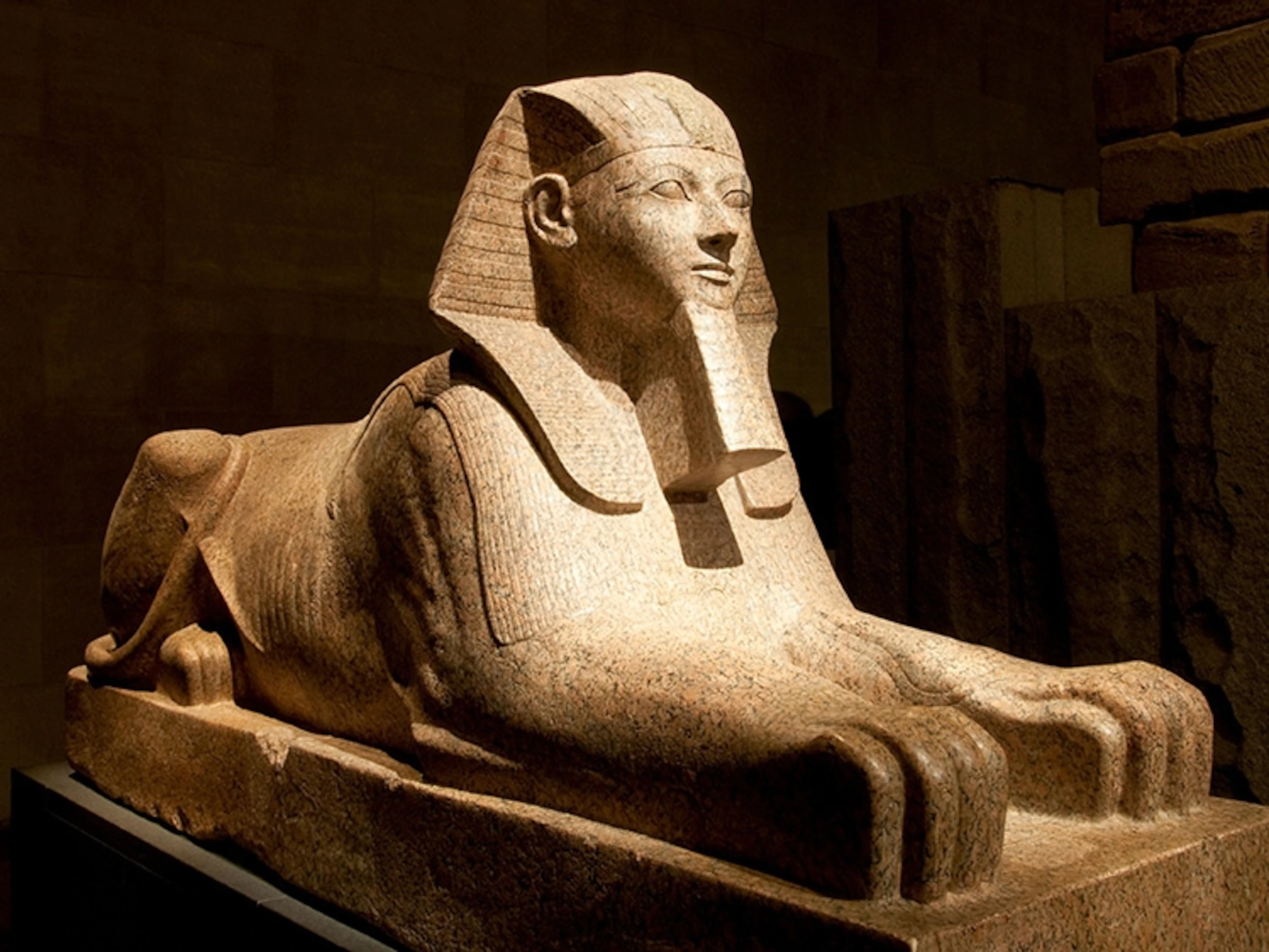
Hatshepsut, the only offspring to Pharaoh Thutmose I and his first wife, married her half-brother Thutmose II who was from the second wife.
As the Queen, she was heavily involved in the activities of Pharaoh, however, not take on the title till the death of her husband.
It was until 1478 BC that she took up the title. With the advantage of being the daughter, sister and also wife to kings, it was undoubtedly hers to occupy.
4. Ewuare the Great
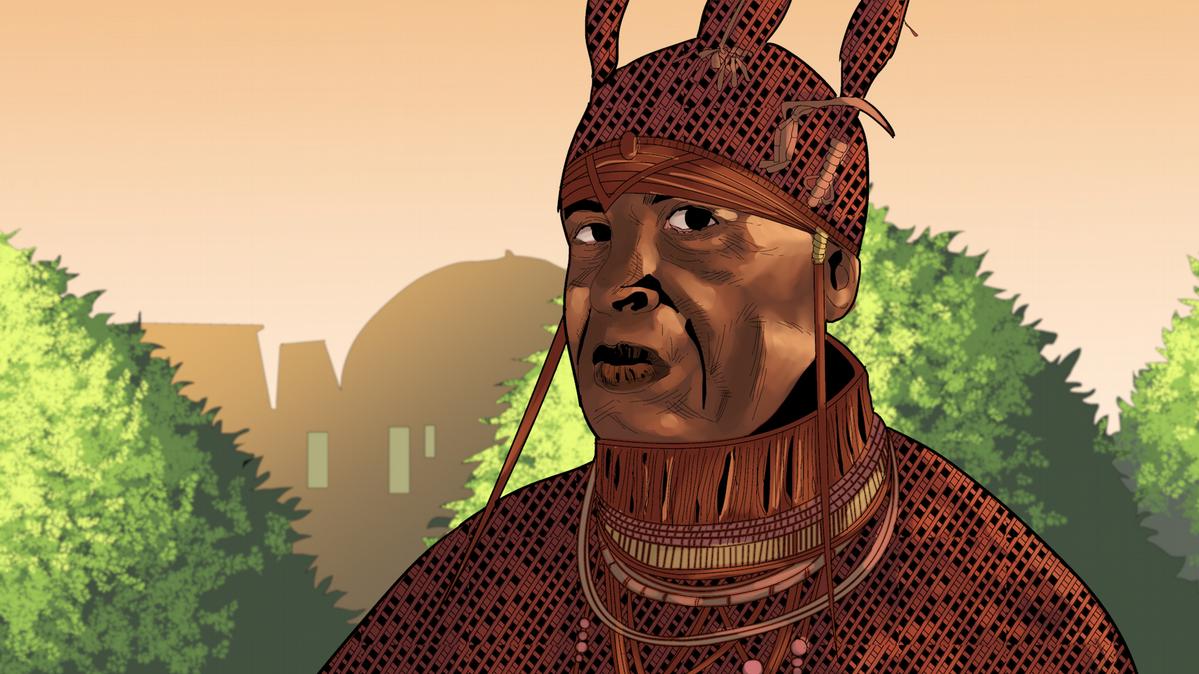
Ewuare I was the ruler of the Benin Empire during the 15th Century AD. Grasping power by orchestrating a coup against his brother, Ewuare’s rise to power came with so much violence and bloodshed.
Ewuare however during his reign began the reconstruction of Benin city. This merited him the title of ‘The Great.
As a result of the active trade activities with other nations, ivory and wood carving gained a bigger market size. Also, he improved the political structures, became a patron of the arts, and expanded the territory of the empire.
5. Cetshwayo kaMpande

Cetshwayo kaMpande, was recognised as a brave leader who was ruler over the Zulu Kingdom. However, it was at this time the British were warring to seize Africa.
Cetshwayo declined a stand-down order and in response organized 20,000 Zulu warriors armed with their local spears and unique leather shields to go against the heavily armed British troops equipped with rifles, mountain guns, and an early type of rocket.
However, under the leadership of Cetshwayo who had really commendable tactics, the Zulu warriors eliminated almost all less equipped and disoriented British troops suffering casualties of only around 1000 of their own men. The success of the Zulu warriors over the British was recorded as the greatest defeat the British had incurred against native people with less advanced weapons.
6. The King Shark

Béhanzin (Gbêhanzin) Hossu Bowelle, which means “the egg of the world” is also “the son of the shark”. He attained the title of ‘The King Shark’ and he was undoubtedly amongst the most powerful rulers of Western Africa at the end of the 19th Century.
King Shark had to his authority a powerful army consisting of 150,000 males and 5000 infamous Amazon women. Praised as brave and courageous by his people, he was said to be a brutal man who controlled a followership of savages.
This information was spread by the French who aimed at taking power and control over the kingdom he ruled and in spite of the great army and tactics which he put in, Béhanzin was eventually conquered by the French who were equipped with better and modern weapons.
7. Warrior Queen Amina
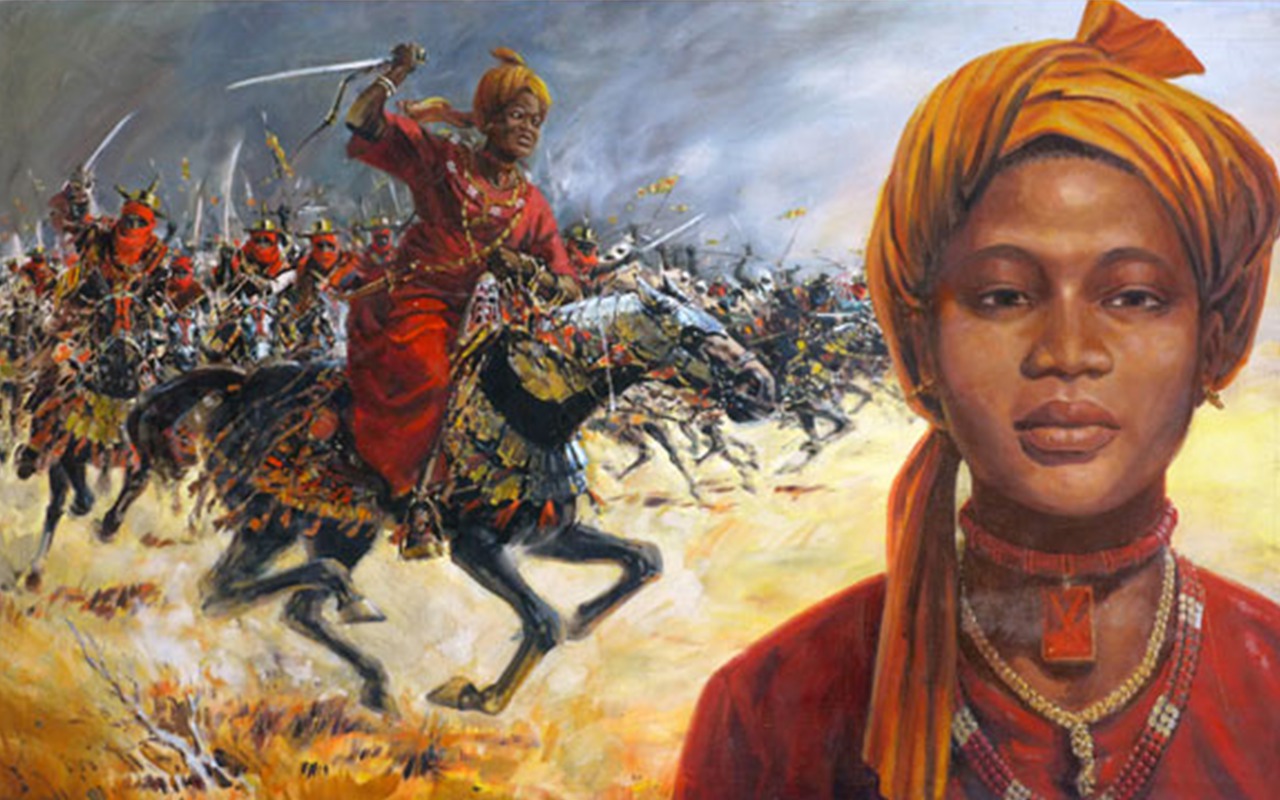
Amina, also known as Aminatu, is a warrior queen of the Zaria Emirate, present-time Nigeria.
Amina is well known for her conquest of various cities during her 34-year period of the reign during the 15th century. Amina was an outstanding warrior, first discovered when she was only a child, her grandmother one occasion displaying a dagger.
She also brought about the planting of kola nuts to her kingdom, also maintaining her stance on not getting married to prevent the possibility of her losing any power.
8. Tunka Manin
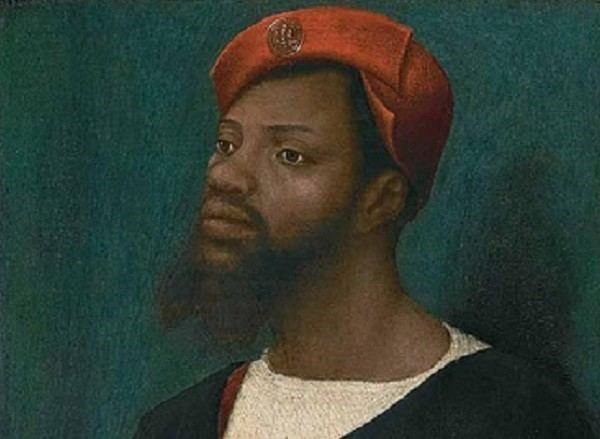
Tunka Manin, the ruler of the Wagadou empire, he reigned from 1037 – 1075 AD, and was fondly remembered for his justness, also known for his settlement of conflicts and also helping in the growth of the economy of his empire.
Tunka additionally gained public attention by showcasing an air of magic. Sadly, Tunka Manin was the last known ruler of the Wagadou empire before its collapse as a result of religious conflicts.
9. Ezana of Axum

Ezana of Axum became ruler of the kingdom of Aksum during the 4th Century AD. Ezana took over after his father died when he was only a young age.
Famous as the first Aksum king to take up Christianity as a religion, taking into utmost concern the care and happiness of his people. He erected structures and statues, majorly he is recognised as a saint by the Ethiopian Orthodox Tewahado Church.
Amongst his large empire includes present-time Northern Ethiopia, Yemen, some parts of southern Saudi Arabia, northern Somalia, Djibouti, Eritrea, and some regions of Sudan.
10. Endubis
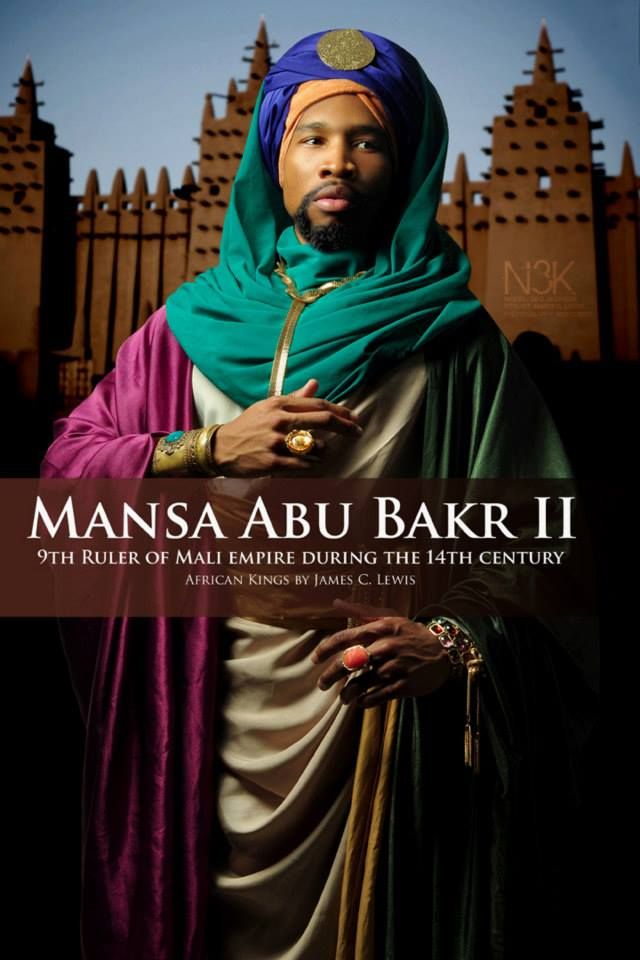
Endubis, who is prominent for his victory over Nubia. The Ethiopian king of the Axum kingdom was also the first to produce coins of gold, silver, and bronze. It had in it a portrait photo with the king’s face and motto.
He presided over the horn of Africa, across Eritrea and the Red Sea, and into the Arabian plateau.


